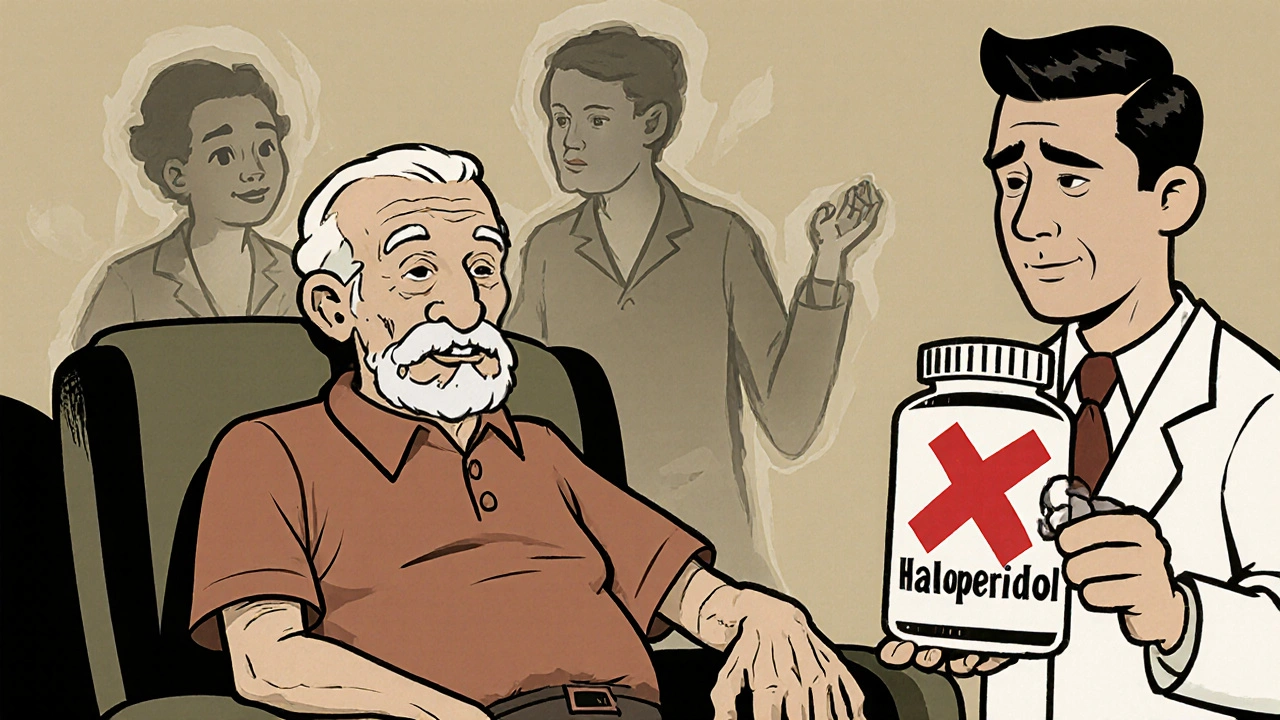Motor Symptoms: What They Are, Why They Matter, and Which Medications Can Cause Them
When your body moves in ways you didn’t intend—trembling hands, stiff muscles, or sudden jerks—you’re experiencing motor symptoms, involuntary or abnormal physical movements that can signal neurological issues or drug side effects. These aren’t just annoying—they can make walking, eating, or even holding a cup difficult. And while many people think of Parkinson’s disease when they hear the term, motor symptoms are also a common side effect of everyday medications, including statins, antipsychotics, and even some stomach drugs.
Take statin medications, cholesterol-lowering drugs that reduce heart attack risk but can cause muscle weakness and pain in up to 29% of users. That muscle pain isn’t just soreness—it can show up as unexplained fatigue, cramping, or even difficulty climbing stairs, which are all motor symptoms. Then there’s antipsychotic drugs, used for schizophrenia and bipolar disorder, which can trigger tardive dyskinesia—a condition involving uncontrollable facial tics, lip-smacking, or tongue thrusting. Even metoclopramide, a common nausea treatment, can cause dystonia, leading to twisted postures or locked jaw. These aren’t rare flukes. They’re documented, predictable reactions tied to how these drugs affect dopamine and nerve signaling in the brain.
If you’re on any long-term medication and notice new movement issues—slowness, shaking, stiffness, or odd muscle contractions—don’t ignore them. These symptoms often develop slowly, so you might not connect them to what you’re taking. But catching them early can mean switching to a safer drug, adjusting the dose, or adding a protective treatment. The posts below cover real cases: how statins mimic Parkinson’s-like stiffness, why certain antibiotics mess with nerve signals, and what alternatives exist for drugs that trigger movement problems. You’ll find clear, no-fluff breakdowns of which medications are most likely to cause trouble, what to watch for, and how to talk to your doctor before it gets worse.

Parkinson’s Disease and Antipsychotics: How Medications Can Worsen Motor Symptoms
- Nov, 20 2025
- Daniel Remedios
- 13 Comments
Antipsychotics can severely worsen motor symptoms in Parkinson’s disease by blocking dopamine. Only clozapine and quetiapine are safer options. Most others, like haloperidol and risperidone, should be avoided. The key is adjusting Parkinson’s meds first before using antipsychotics.
